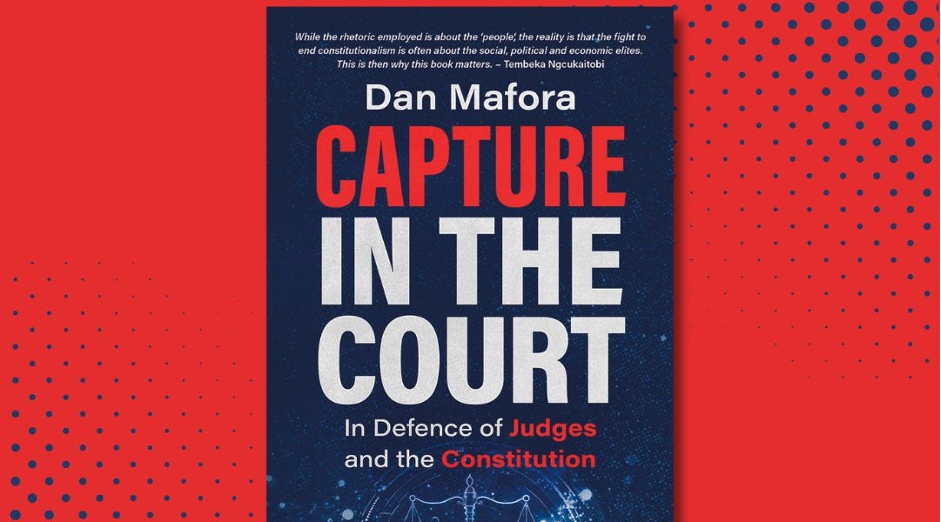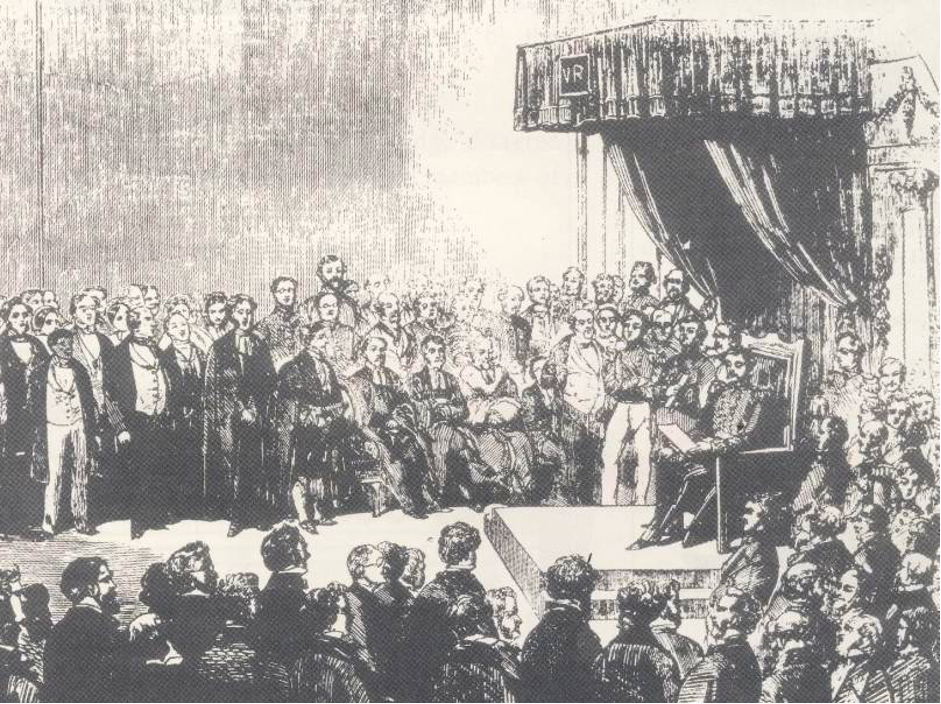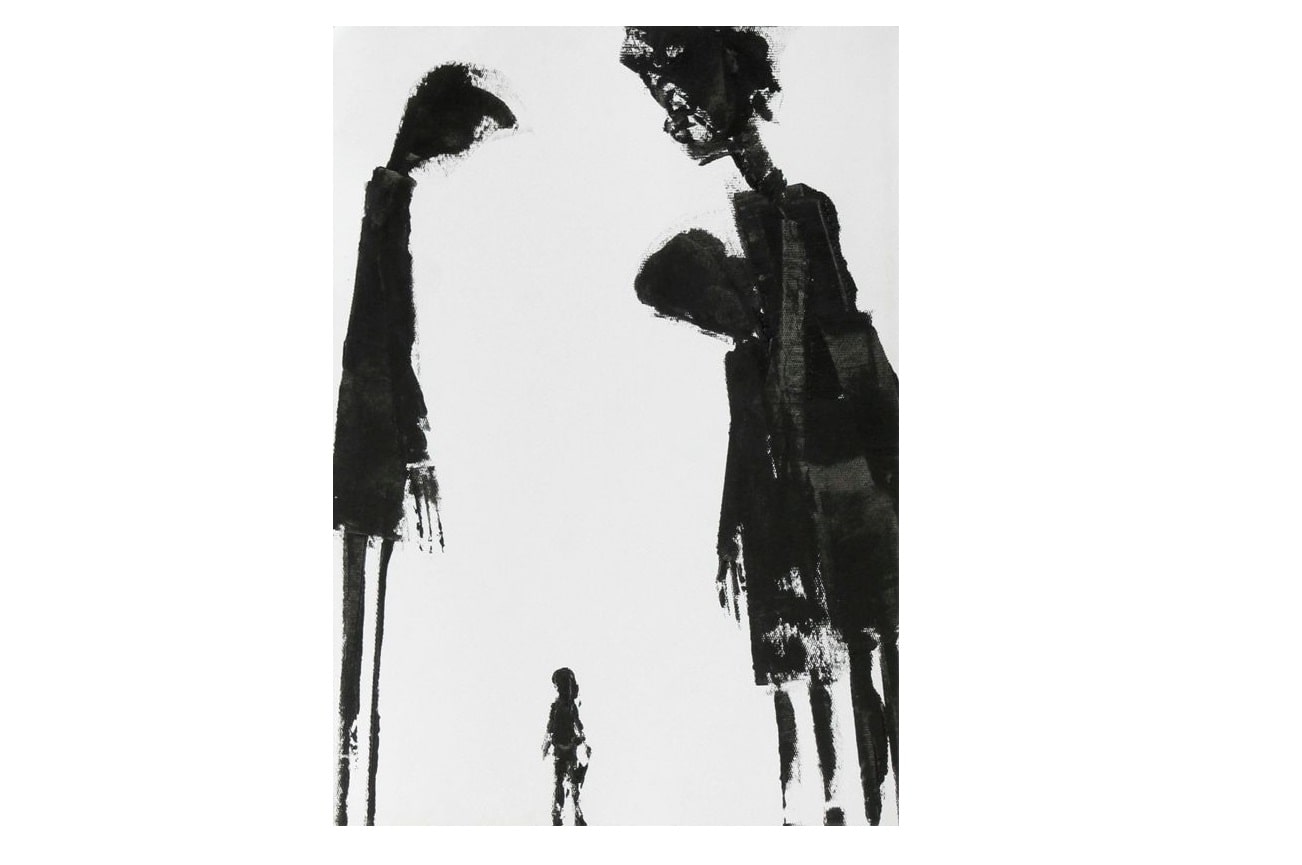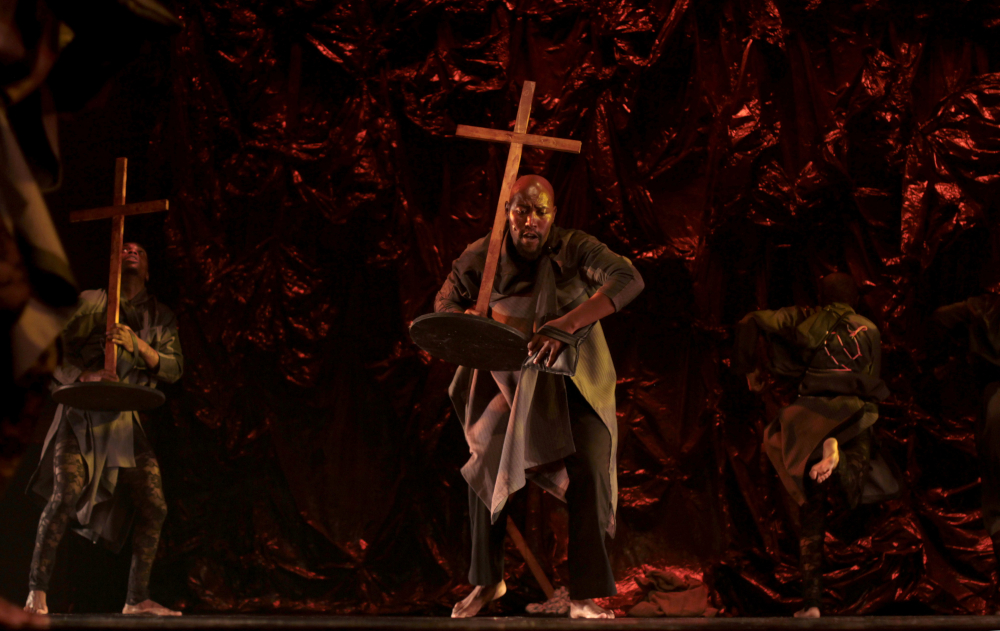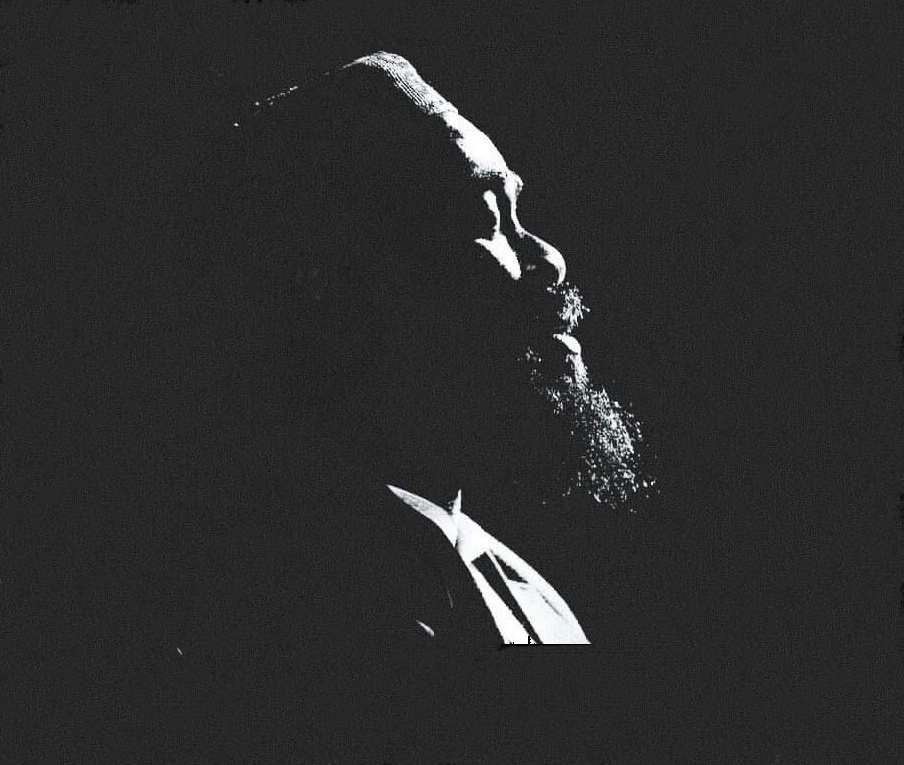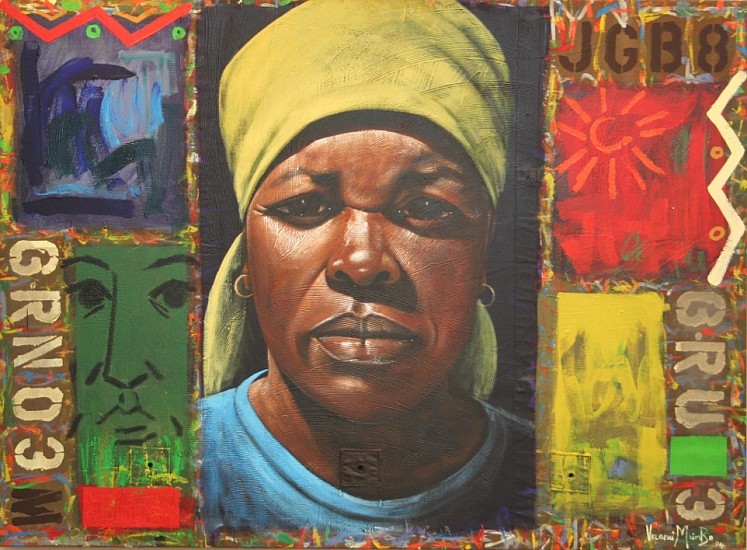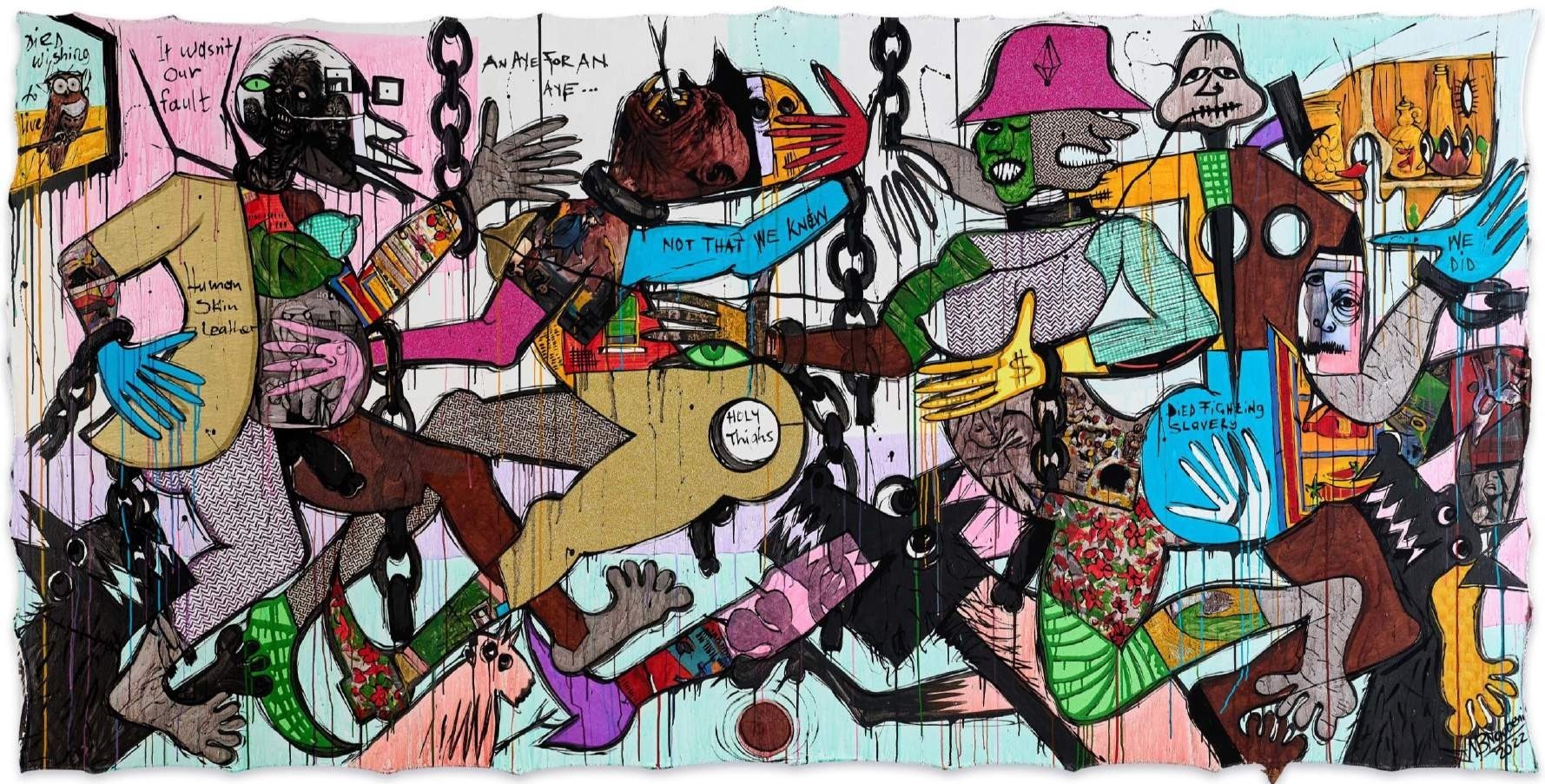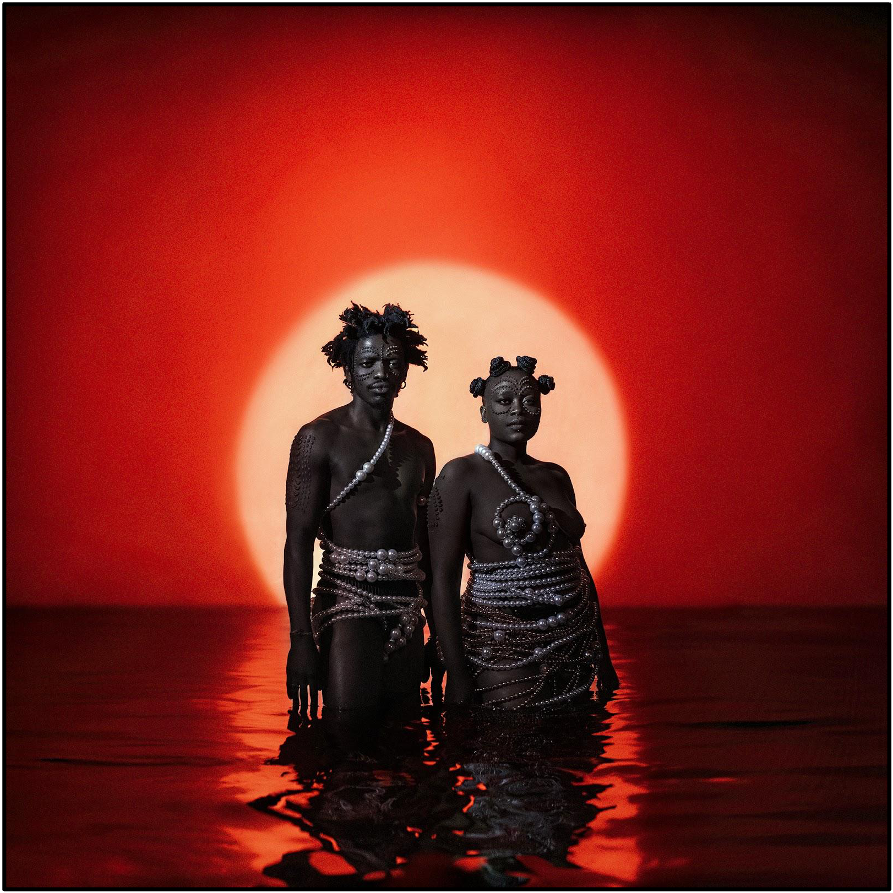The “miseducation of the negro” (Woodson 1999), “menticide” and “cultural misorientation” (Kambon 1992) usually result in an irreparable psychic condition in which the so-called educated blacks are ensnared in a Freudian trap of saying “I know but still”. This is reflective of the libidinal economy of Eurocentric indoctrination. The “conceptual incarceration” that comes with Eurocentric legal training makes the so-called black lawyers to succumb to the “northbound gaze”. The pioneering victims of this gaze such as Alfred Mangena (Ngcukaitobi 2018) have left off the baton to be picked up by the current generation of “black lawyers” such as Dan Mafora. The main function of this generation of “amaRespectables” (Madlingozi 2018) as “native informants” is to defend the legal epistemological paradigm of the European conqueror (Ramose 2018), by making absurd claims of “indigenisation” and “appropriation” of European legal ideas. Their “epistemology of ignorance” makes “black lawyers” like Tembeka and Mafora to wilfully refuse to acknowledge the simple cultural and conceptual distinction between “law” and molao of Afrikan people since time immemorial. Tembeka who mistitles his books cannot be “trusted” while Mafora in this book wa re fora (is lying to us).
The book under review Capture in the Court: In defence of Judges and the Constitution (2023) by Dan Mafora, is written by a (lying) “black lawyer” who is “epistemologically captured” by the legal epistemological paradigm of the European conqueror. This book is for readers who are interested in the vogue debates on constitutionalism which have now taken center stage, since the publication of the opportunistic opinion piece on the constitution by Lindiwe Sisulu and the recent claims that the judiciary is corrupt. Intellectually matured readers will find this book to be a less sophisticated rendition of the defence of the final constitution of 1996 and the judiciary. Tembeka (2018 & 2021) as the (untrustworthy) senior “black lawyer” of the “amaRespectables” tradition, has written two books which offered a slightly refined but misguided defence of the current constitutional order. Mafora writes within this tradition but as a mere protégé of Tembeka. Unlike Temebeka’s books the book under review is written in the style of political journalism which comes with intellectual flaws of poor legal history and legal philosophy. Readers who are interested in legal issues from a journalistic perspective will benefit from reading this book. In other words, this book is for those readers who are lazy or lack sufficient time to peruse scholarly literature on South African legal history and philosophy. Mafora writes like an intellectually promising “born free” who attempts to offer his recently acquired “legal erudition” (which is superficial) on current legal affairs in South Africa but is self-conscious of his intellectual immaturity in South African legal history and philosophy.
The book is divided into 11 sections which include a foreword and a conclusion. The foreword is written by Tembeka (the mentor) who offers us an untrustworthy summation of his mistitled book The Land is Ours (2018). In this foreword Tembeka rehashes his argument that black lawyers like Alfred Mangena have used the law to fight against colonial invasion and despotism. According to him they were guided by the rule of law and contributed to constitutionalism. In line with the theme of the book under review, namely populism and anti-constitutionalism, Tembeka (Mafora 2023:12) argues that the “fight to end constitutionalism is often about the social, political and economic elites”. In this case Tembeka is correct because many of the populist black mis-leaders who parade as revolutionaries in the name of the people are cynical opportunists who capitalise on the political illiteracy and naivety of ordinary people.
But this does not absolve the constitution of 1996 as premised on the legal epistemological paradigm of the European conqueror since conquest in 1652 in wars of Western colonisation (Ramose 2007). So, the problem is both this constitution that is rooted in “the right of conquest” (Ramose 2018) and these traitorous populist opportunists. The foreword is followed by a prologue which is written by Mafora. In this prologue Mafora states the main topic of the book as per the title of the book under review. According to him, the book is about what he regards as a more vicious form of capture, namely anti-constitutionalism. By defending the judges and the constitution, Mafora (2023:14) seeks to “point out the dangers of undoing our delicate constitutional arrangements”. While this is a logical point of the defence of the constitution, Mafora (2023:14) makes a significant point that he engages “the various critiques, on their own terms, to show how they mistake their target and in so doing fail to address the real issues”. Mafora is correct since we argue that the real target is whites as opposed to their law. “Introduction: Regarding bad Bantu government” is another section in which Mafora indulges in the absurd fantasy of the rainbow nation as an “intellectually promising born-free”. Mafora (2023:18) states that “Mandela, by sheer force of his magnanimity was able to inspire hope; to unite diverse sectors of South African society, if only briefly, behind the common goal of a better life for all. At the heart of this vision was a new Constitution to embody this newfound spirit”. This is annoying intellectually vacuous “born-free” nostalgia. Other critical “born-frees” will find Mafora to be naively sentimental about an unfounded fantasy. Mafora (2023:24) shows that he is a protégé of Tembeka by stating that “I want to explore what a positive conception of our home-grown constitutionalism looks like”. Who made it home-grown? The “amaRespectables” pioneers like Alfred Mangena and other “black lawyers”? Based on which legal tradition? Law instead of molao? “Thus far and no further: How we got here” is a section in which Mafora attempts to analyse the idea of lawfare or judicialization of politics and the claim that the judiciary is captured by “white monopoly capital”.
“The South African case for constitutionalism” is an interesting section. It is in this and other sections that Mafora exhibits his shallow grasp of legal history and legal philosophy. Mafora rejects the call for parliamentary supremacy and offers his notion of constitutionalism. According to Mafora (2023:24) “the most important features that defines our constitutionalism. First, there is multiparty democracy. Second, there is the rule of law and constitutional supremacy. Third, there is the Bill of Rights. Fourth, there is the separation of powers, which includes the system of cooperative governance. Finally, there is judicial review of legislation and executive conduct”. Mafora due to his conceptual illiteracy and poor conceptual history, conflates “ideal constitutionalism” which comprises of his features and “actual constitutionalism” in South Africa.
A simple example of “actual constitutionalism” is white settler constitutionalism since conquest in 1652 but beginning properly in 1853 with the Cape colony “liberal non-racial” constitution. This white settler constitutionalism as “actual constitutionalism” based on white supremacy and right of conquest has dismissed some features of the “ideal constitutionalism” of Mafora. For instance, white settler constitutionalism (as actual constitutionalism) since 1853 until the so-called Interim Constitution of 1993 and so-called final Constitution of 1996 has dismissed judicial review, constitutional supremacy, and separation of powers in order to preserve white supremacy in conquered Azania. This white settler constitutionalism is premised on the doctrine of Discovery (Miller 2011), a significant historical fact Mafora is ignorant of. It is in this sense that Mafora wa re fora (lying to us). For someone who criticises the judicialization of politics, it is ridiculous how he can be ignorant of how political forces influence law, in this case how the politics of white power dictated to a great certain extent the content of law. Due to the racist fantasy of black peril/ swart gevaar (demographic majority of Afrikans), white settlers together with their “black lawyers” introduced for the first time in 1993 judicial review, constitutional supremacy, and constitutional court. Therefore, in a sense Mafora is fundamentally defending the anxiety of white settlers and white supremacy, all in the name of the rule of law and constitutionalism in the so-called post-apartheid South Africa. “Between people’s power and constitutionalism: The ANC’s unease” is partially informative. Mafora provides an interesting analysis of how the ANC made a distinction between liberal constitutionalism and people’s constitutionalism. Quoting Sachs, Mafora (2023:67) states that “liberal constitutionalism is agonistic on the question of who exercises state power while a people’s constitution confirms that power in any state belongs to classes or class alliances which use the institutions of government as means of exercising such power”. Mafora (2023: 68) then concludes that the ANC opted for “a mixture of liberal constitutionalism and people’s constitutionalism”. This section concludes with an interesting analysis between constitutionalism and the national democratic revolution. “The president’s court” is a journalistic discussion of State capture with an excerpt of a dialogue between judge Mlambo and Madonsela about the integrity and objectivity of judges. “Judges against the people” is another journalistic section which discusses the idea of populism by tracing it to the likes of Jacob Zuma, Julius Malema and Busisiwe Mkhwebane. By far the most interesting and extensive section of the book is “Our colonial Constitution”. It is in this section that Mafora shows that he is an “intellectually promising born-free”. This section is about his critique of the concept of decolonisation but with a focus on law. Mafora posits that there are two schools in this regard.
He mentions what he calls the “critical decolonial school” and the “constitutional abolitionist school”. The other school is of course his school with Tembeka which is the orthodox constitutionalist. Mafora engages in a critique of the two schools from the position of the orthodox constitutionalist. Mafora (2023: 123) argues that the critical decolonial school’s “principal concern is with the dominance of Western, and specifically European thought in university and the attendant erasure of African thought and knowledge systems that pervades law schools today”. Mafora (2023: 124) then proceeds to posit that for the scholars of the constitutional abolitionist school “the question of decolonisation is not merely about the redemption of African legal thought and knowledge systems across various areas of the law. It is instead about the very idea of South Africa itself”. Mafora (2023:135-39) provides his critical points against the constitutional abolitionist school such as “the affinity for the monarchy” by Mogobe Ramose, the failure to accept the historical origins of constitutional thinking in South Africa as firmly grounded in the anti-colonial struggle of the twentieth century and the failure to offer a positive project of a constitutional order beyond the colonial Constitution. He then goes on to accuse the constitutional abolitionists such as Mogobe Ramose, Joel Modiri and Tshepo Madlingozi of deifying and absolutizing colonialism and engaging in constitutional legalism. Mafora (2023:147) accentuates the critical point of constitutional legalism by stating that “the Constitution becomes the primary object of attack” and that “the causes of South Africa’s structural social and economic problems are not constitutional and the Constitution is the wrong target”. This is what Sizwe Mpofu-Walsh in The New Apartheid (2022) calls the “legalism” of the constitutional critique. After discussing the critiques of these two schools, Mafora (2023: 133) states that “I must confess that I do not have a complete answer for the constitutional abolitionists”. It is in this sense that Mafora (2023: 133) argues that “I remain unconvinced that constitutional abolitionism is the solution to the panoply of problems that they have identified”.
Is Mafora perhaps pointing to the “legal/constitutional determinism and reductionism” of the constitutional abolitionist school just as orthodox Marxists are accused of “economic determinism and reductionism”? If yes, then it is ironic since for orthodox Marxists law is superstructural therefore it is determined by the economic base. In this case we have a reversal of historical and dialectical materialism. The superstructure in the form of law/ constitution determines the economic base in the sense of the resolution of socio-economic issues such as poverty and inequality. After this extensive and interesting section, Mafora relapses back into his political journalistic discussion. In this case in a section called “anti-intellectualism as capture”. According to Mafora there is a prevalence of anti-intellectualism especially among the judges which diminishes the quality of the judgements of the courts. The last section of the book is the conclusion. This vague and short conclusion makes a distinction between constitutional reform, constitutional amendment, and constitutional dismemberment. According to Mafora the latter is more drastic. Finally, Mafora does the work of a “captured black lawyer” by stating that “knowledge of the judicial system, and the constitution generally, is a base-level requirement for the cultivation of confidence in judicial institutions”.
References
Kambon, K. 1992. The African Personality in America: An African-Centered Framework. New York: Nubian Nations.
Madlingozi, T. 2018. “South Africa’s First Black Lawyers, Amarespectables and the Birth of Evolutionary Constitution: A Review of Tembeka Ngcukaitobi’s The Land Is Ours: South Africa’s First Black Lawyers and the Birth of Constitutionalism.” South African Journal on Human Rights 34 (3): 517–29.
Mafora, D. 2023. Capture in the Court: In defence of Judges and the Constitution. Cape Town: Tafelberg.
Miller, R. J. 2011. “The International Law of Colonialism: A Comparative Analysis.” Lewis and Clark Law Review 15 (4): 847–922.
Mpofu-Walsh, Sizwe. 2021. The New Apartheid. Cape Town: Tafelberg.
Ngcukaitobi, T. 2018. The Land Is Ours: South Africa’s First Black Lawyers and the Birth of Constitutionalism. Johannesburg: Penguin Random House South Africa.
Ngcukaitobi, Tembeka. 2021. Land Matters: South Africa’s Failed Land Reforms and the Road Ahead. South Africa: Penguin Random House South Africa.
Ramose, M. B. 2007. “In Memoriam: Sovereignty and the ‘New’ South Africa.” Griffith Law Review 16 (2): 310–29.
Ramose, M. B. 2018. “Towards a Post-Conquest South Africa: Beyond the Constitution of 1996.” South African Journal on Human Rights 34 (3): 326–41.
Woodson, C.G. 1999. The Miseducation of the Negro. New York: 12th Media Services.

